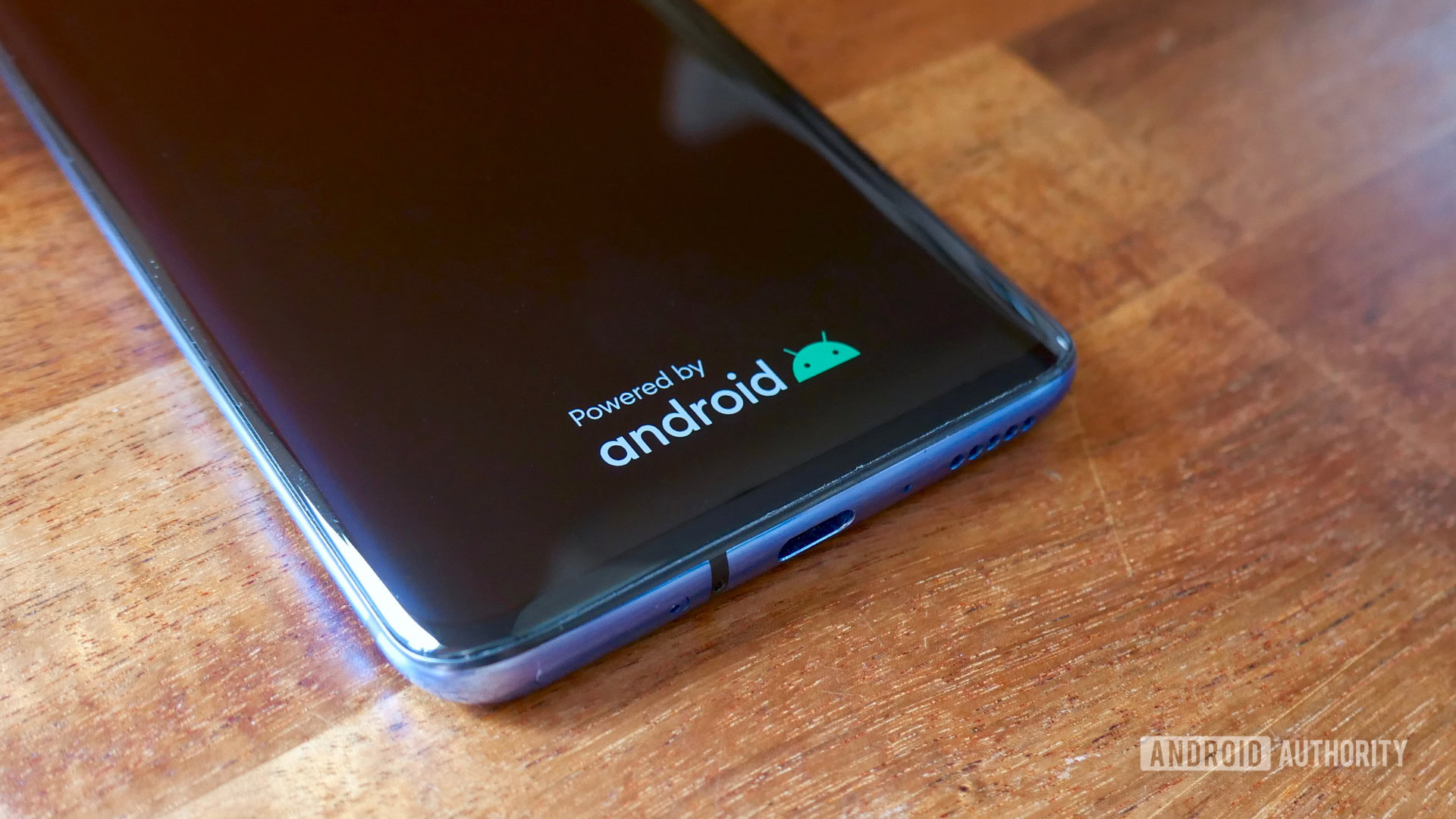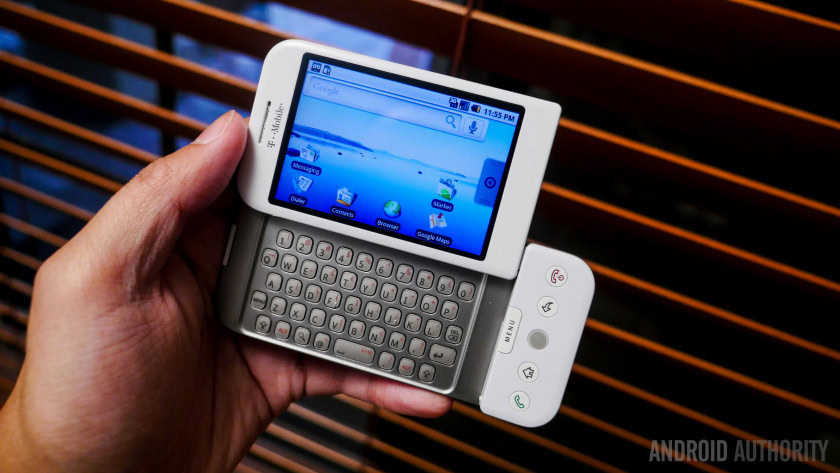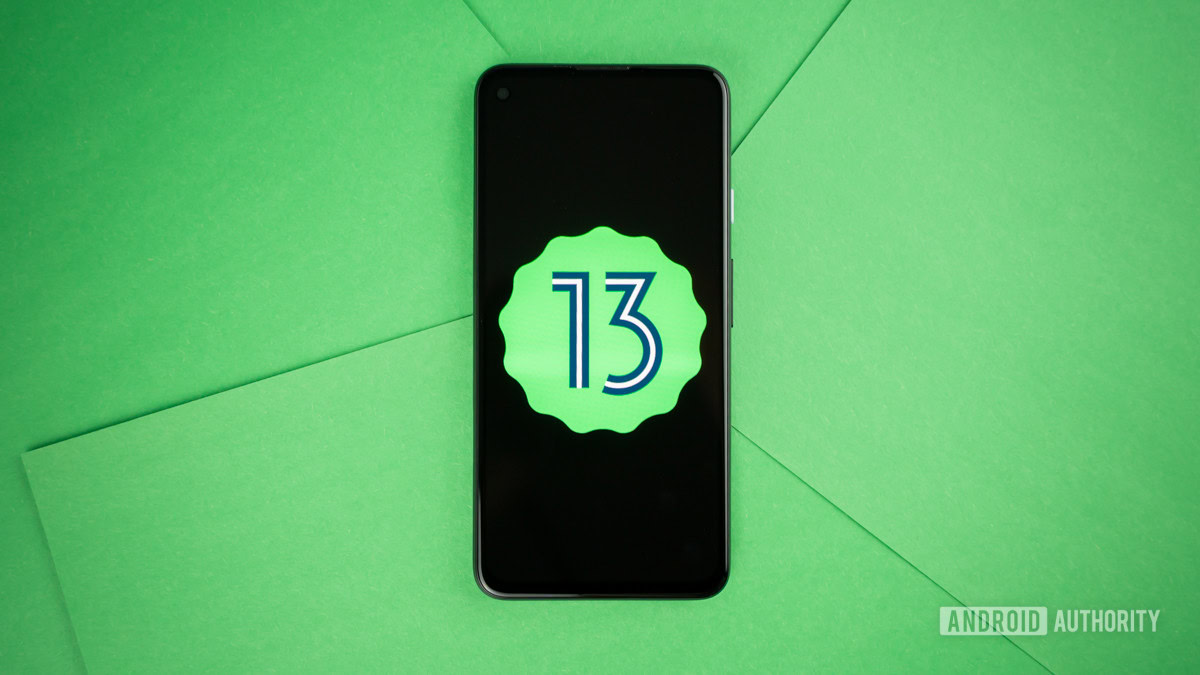Affiliate links on Android Authority may earn us a commission. Learn more.
Google made its best acquisition nearly 17 years ago: Can you guess what it was?

Back in 2005, everyone thought of Google as just another ad-supported search company. However, nearly 17 years ago, on July 11, 2005, the company made what we think was its best acquisition to date. It purchased a little startup company called Android. At the time, there was no “Google buys Android” news headline to reveal the move; that would come a little later.
Of course, we all know the deal was a great success — this website wouldn’t exist if it wasn’t. Using the skills of its new Android team members, Google spent the next three years developing an operating system for mobile devices. This culminated in the launch of the first public version of Android in 2008, released on the T-Mobile G1/HTC Dream.
Read more: The history of Android OS: its name, origin, and more
Today, Android is the most popular mobile OS in the world by a large margin. The latest estimates from the research firm Statista claim that Android was used in 69.74 percent of all smartphones as of February 2022. Android also beat more established rivals like Microsoft’s Windows Phone (and Windows Mobile), Nokia’s Symbian, and most notably BlackBerry.
In May 2021, Google revealed there were over 3 billion monthly active Android devices. Besides smartphones, Android is used in smartwatches, tablets, smart TVs, and more. Perhaps more importantly, the launch of Android helped Google become one of the biggest and most influential companies in the world.
It wasn’t smooth sailing the whole time for Android, though.
Google buys Android: A history

Google bought Android from a standalone company called Android Inc. It was founded a couple of years before Google bought it, in the first half of 2003. The Palo Alto company’s most well-known co-founder was Andy Rubin, who had previously worked for companies like MSN and Apple. It was at Apple where Rubin reportedly got the “Android” nickname when his co-workers noticed his own love of robots.
In 1999, Rubin helped form the company Danger, which launched one of the first proto-smartphones, the Danger Hiptop (re-branded as the Sidekick when T-Mobile sold it in 2002). Rubin later departed Danger in 2003 to help form Android, along with the other co-founders Rich Miner, Nick Sears, and Chris White.
The original idea for the company was to create an operating system for digital cameras (read more about that below) and that’s how Android OS was initially pitched to early investors. That soon changed as by then the market for standalone digital cameras was shrinking, as consumers ditched them for mobile phones. Rubin and the team decided to switch their focus and make an open-source OS for phones.
However, for a while, it looked like Android as a company was close to shutting down entirely. At the lowest point, Rubin had to ask a friend, investor Steve Perlman, for some extra money. Perlman actually went to a bank and took out $10,000 cash, giving it directly to Rubin. The day after that cash transaction, Rubin wired an unknown amount of extra money to Android to keep it going.
As it turned out, that’s all Android Inc. needed to survive before its next deal. Google asked to meet the co-founders of Android in January 2005 to see if they could help the company.
In a second meeting later that year, the Android co-founders showed off a prototype of their mobile OS to Google’s Larry Page and Sergey Brin. It was apparently good enough because Google quickly offered to acquire Android. How much did Google buy Android for? The official documents state it was a mere $50 million.
As for why Google decided to buy Android, it’s likely that Page and Brin believed that a mobile OS would help greatly expand its core search and ad businesses well beyond its PC platform at that time.
The Android team officially moved to Google’s campus in Mountain View, California on July 11, 2005. That day is considered the official date for the acquisition of Android by Google. However, the news about Google purchasing Android didn’t become public until a few weeks later, in August 2005.
Why this was its best acquisition

The fact that Google bought Android for just $50 million is remarkable compared to its acquisitions in the 17 years that followed. In fact, the company spent just $130 million to buy companies in all of 2005. By comparison, only a little over a year later, Google spent a whopping $1.65 billion acquiring YouTube. There was much debate about whether YouTube was worth the money at the time, but it’s certainly paid off by now, though Android’s actually been even more successful.
Some of Google’s other acquisitions have not been as successful, however. The massive $12.5 billion purchase of Motorola in 2011 is often cited as one of Google’s biggest missteps, with the search giant selling the company to Lenovo for just $2.9 billion a little over three years later. You also only need to look at some of the plots in the Google Graveyard to see multiple examples of purchases that went sour.
Some of Google’s other purchases could still be considered works in progress. Nest Labs, which Google bought for $3.2 billion in 2014, was slow to take off, but with the move to bring Google and Nest devices under a single brand, it could still yield some good results. There’s also the company’s recent purchase of Fitbit for a cool $2.1 billion. It looks like we will finally get a Google designed smartwatch, the Pixel Watch. with Fitbit software sometime later in 2022.
Nevertheless, it’s highly unlikely Google will ever get a better return on its investment than it had with Android. While the company will no doubt continue buying and investing in other companies, there’s really no getting around how big of a win that $50 million startup became.
Thank you for being part of our community. Read our Comment Policy before posting.